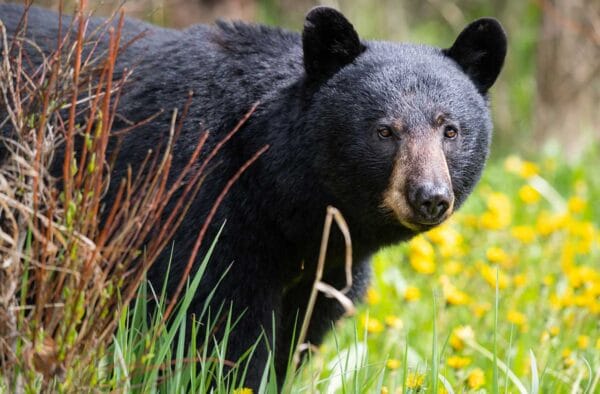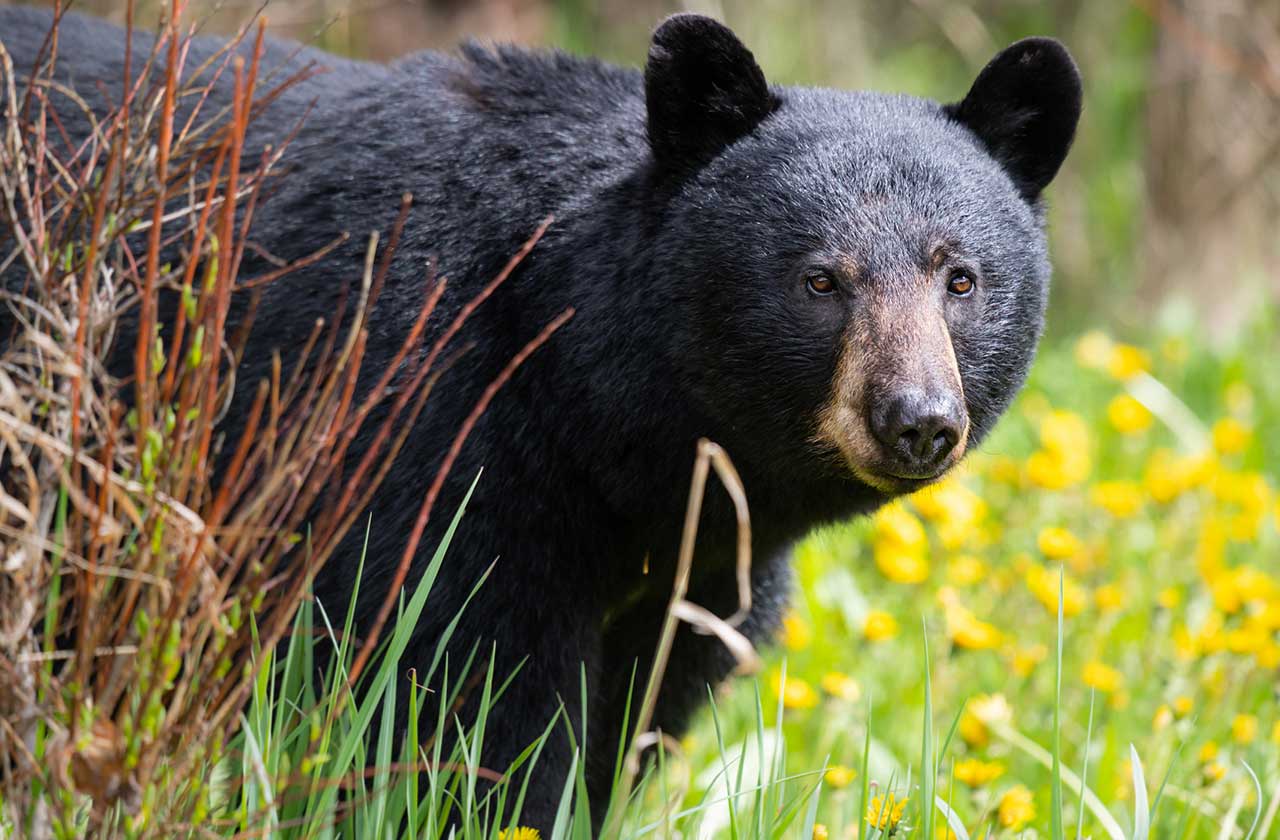
Florida is permitting a bear hunt from December 6 to December 28, 2025. The hunt administrators will issue a meager 187 permits for bears, based on a lottery system. A chance to obtain a bear permit will cost $5. There is no limit to the number of chances that can be submitted per person. If someone with $5 million wanted to submit a million lottery chances, they could do so. However, only one win can be used to obtain a permit per person. If a person submits 100 chances and wins five, only one permit will be allowed to that person. From pnj.com:
Here’s the catch: Regardless of how many entries a person wins, they are only entitled to receive one non-transferable permit.
Lottery winners will be notified and allowed to purchase a bear hunting permit, which will cost Florida residents $100 and out-of-state residents $300. No more than 10% of permits can be issued to non-residents from outside the state.
The number of permits has been reduced to 172, from the proposed 187. The number is based on a premise of “if all the bear hunters killed fertile female bears, the harvest would not reduce the bear population. From orlandoweekly.com:
After saying last month that it would issue 187 permits, the commission has reduced that number to 172, according to its website. A commission spokeswoman didn’t give an explanation for the decrease.
About 160,000 entries have been submitted, and most have been claimed. About two dozen are yet to be awarded. At least 39 of about 150 awarded permits went to people who specifically entered the lottery to prevent hunters from obtaining a permit.
At least 39 permit-winners are unlikely to hunt because they entered the lottery to reduce the chances that bonafide hunters would win a tag entitling them to “take” or “harvest” a bear, terms Fish & Wildlife uses for killing a bear, according to Steve Rosen, who said he paid for hundreds of lottery entries.
“There are probably others that filed on their own and won permits but I am not aware of them,” he said in an email.
The total plausible bear harvest in the 2025 season will be less than 133, as there are always reasons, such as family emergencies or death, that prevent some hunters from using their permits.
In 2014-15, the bear population was estimated to be about 4,000 bears in Florida. There has not been an official bear population estimate since then. According to a growth estimate commissioned by the Florida Fish and Wildlife Conservation Commission, the bear population is likely over 10,000 in 2025. Estimates of the bear population do not include cubs.
A harvest of 133 bears is not going to make a significant difference in the growth of the Florida bear population. About 300 bears are killed in vehicle accidents in Florida each year. The population is growing at a rate of at least 7-11% per year. For 10,000 adult bears, about 5,000 cubs are born each year. As bears become concentrated in some areas, about half of the cubs are killed by mature male bears before they become independent.
133 bears harvested by hunters is a very small amount from a population of 10,000 bears. About 300 die each year in vehicle accidents. Over a thousand cubs are killed by adult male bears. Michigan harvests about 15% of its black bear population each year, and the bear population continues to grow. To maintain a constant bear population in Florida, the harvest should be about ten times larger than the estimated 133.
An official estimate of the Florida black bear population was scheduled to be conducted in 2025. Perhaps the FWC will release the official numbers in 2026.
The Second Amendment Holds More Weight Than ‘Uncle Dick’s Deer Stand’
About Dean Weingarten:
Dean Weingarten has been a peace officer, a military officer, was on the University of Wisconsin Pistol Team for four years, and was first certified to teach firearms safety in 1973. He taught the Arizona concealed carry course for fifteen years until the goal of Constitutional Carry was attained. He has degrees in meteorology and mining engineering, and retired from the Department of Defense after a 30 year career in Army Research, Development, Testing, and Evaluation.








Every cat lady in the state will perform human shield duty for the bears. And remember many bears have baby bears with them.
Wonder if the Florida bears are as good to eat as the PA bears?